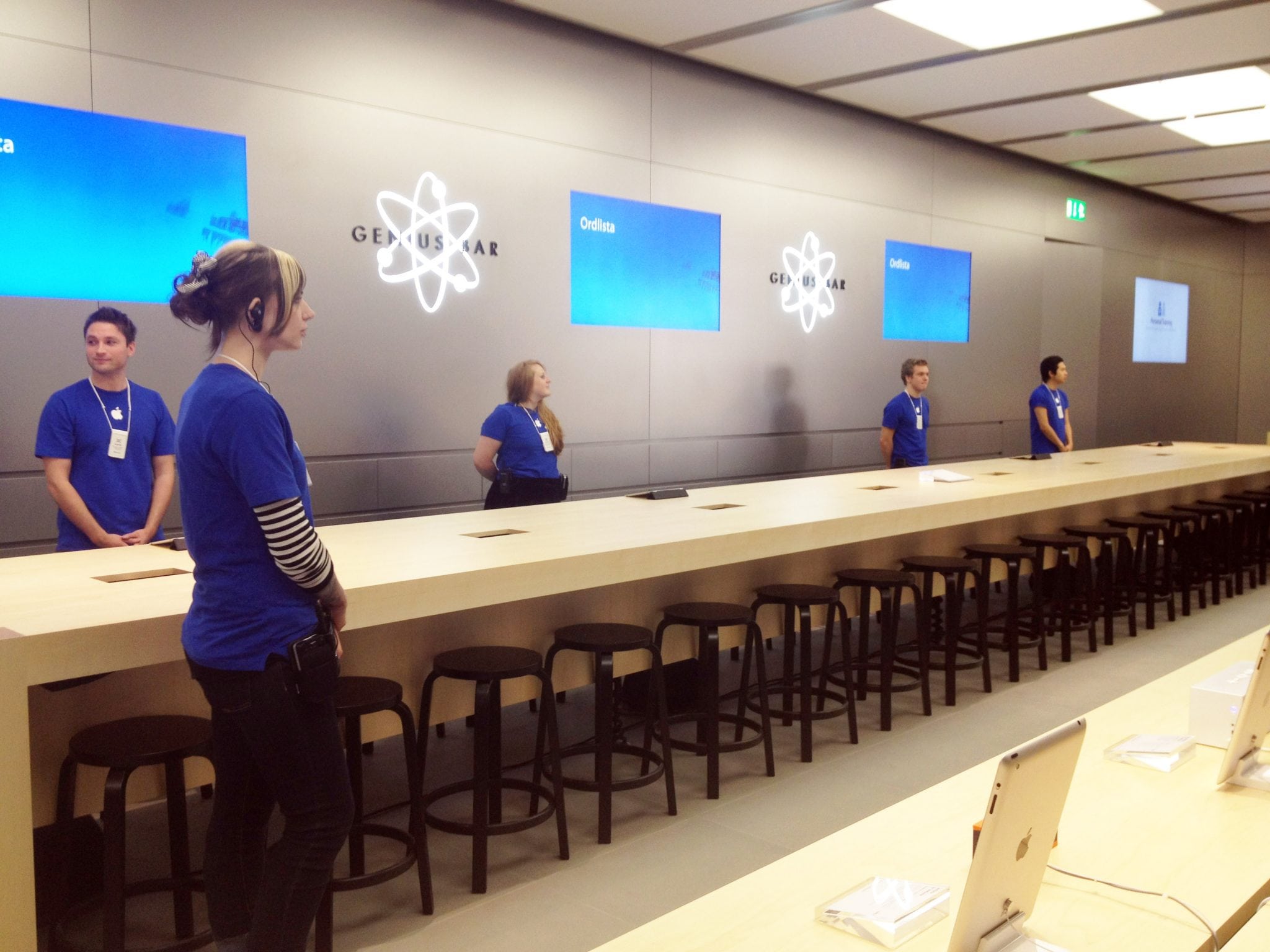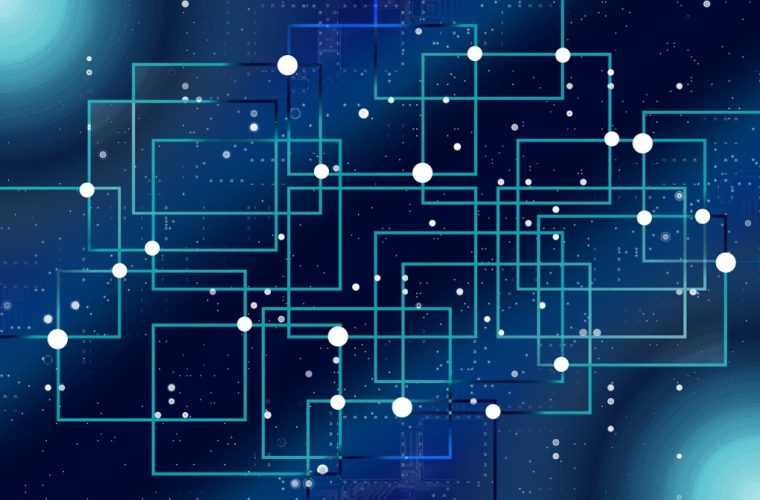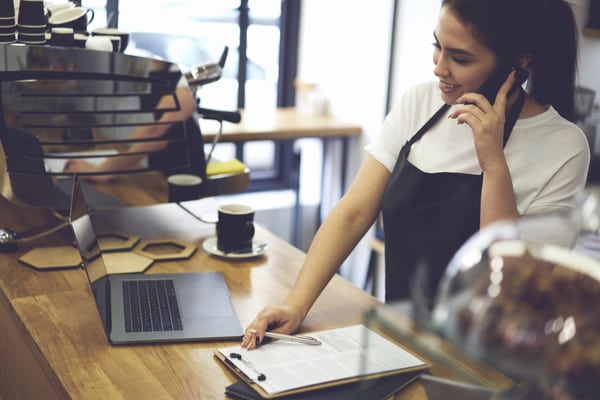
The Appleization of Retail and How Other Retailers Can Benefit
When it comes to shopping, today’s consumers seek immediate attention from knowledgeable staff. No modern retailer has made more strides at creating an exceptional in-store customer experience than Apple. A cornerstone of this experience is the service and attention customers receive while visiting the Genius Bar.
Apple recently made changes to its Genius Bar with an effort to further enhance the in-store experience and prioritize customer service based specifically on customer need. In addition to previously scheduled service appointments, Apple Genius Bars will now accept walk-ins to do a quick triage on a problem. Customers will receive text updates to keep them in the loop on expected wait time, be sent a reminder and then a final notification confirming an Apple Genius is available.
Apple made this Genius Bar upgrade with great fanfare in the media continuing to prove that the in-store shopping experience is very important to the tech giant. Apple’s move is not a surprise if you look at what customers want. According to a 2014 survey, 90% of shoppers will leave empty-handed when they can’t find the help they need.
For us shoppers, this seems like a simple, necessary move based on our evolving customer service expectations. After all, we value our time and expect retailers to understand this about us, even when we know that is not always the case. However, achieving real-time collaboration at the sales-floor level is more difficult than it sounds. Very simply…
Apple is setting the stage and smart retailers will follow suit.
Retailers are going to be forced to adapt to this changing market, taking a page from Apple’s playbook to better leverage customer data and prioritize the customer experience. Making this change will require the right combination of big data, mobile technology and a cohesive effort among sales teams. Finding the right combination will unlock the potential for retailers to drive more shoppers into physical stores, rather than relying on online sales and services to meet customer needs.
Once in the store, retailers must keep in mind that customer in-store behavior has shifted from “discovery” to “final purchase decision.” By the time a person walks into a store today they are well versed on what they want to buy, they haven’t made a final decision but they need emotional validation for the purchase. This is why they go into the store and seek out experts that can help them. The modern store behavior is really about buying much more so than it is about shopping. This is why customers need immediate service from the right person.
Apple is adapting to customer expectations by incorporating prioritization to help customers with what they need, when they need it. Replicating this model across the industry is a win-win, as both shoppers and retailers alike benefit from finding the right help at the right time. It will be interesting to see how retailers respond to Apple’s model, and which ones will adapt business models to create more accommodating customer experiences.
Contributed by Gary Ambrosino, CEO of TimeTrade. Learn more about TimeTrade here.
Photo Credit: Interior Stockholm














